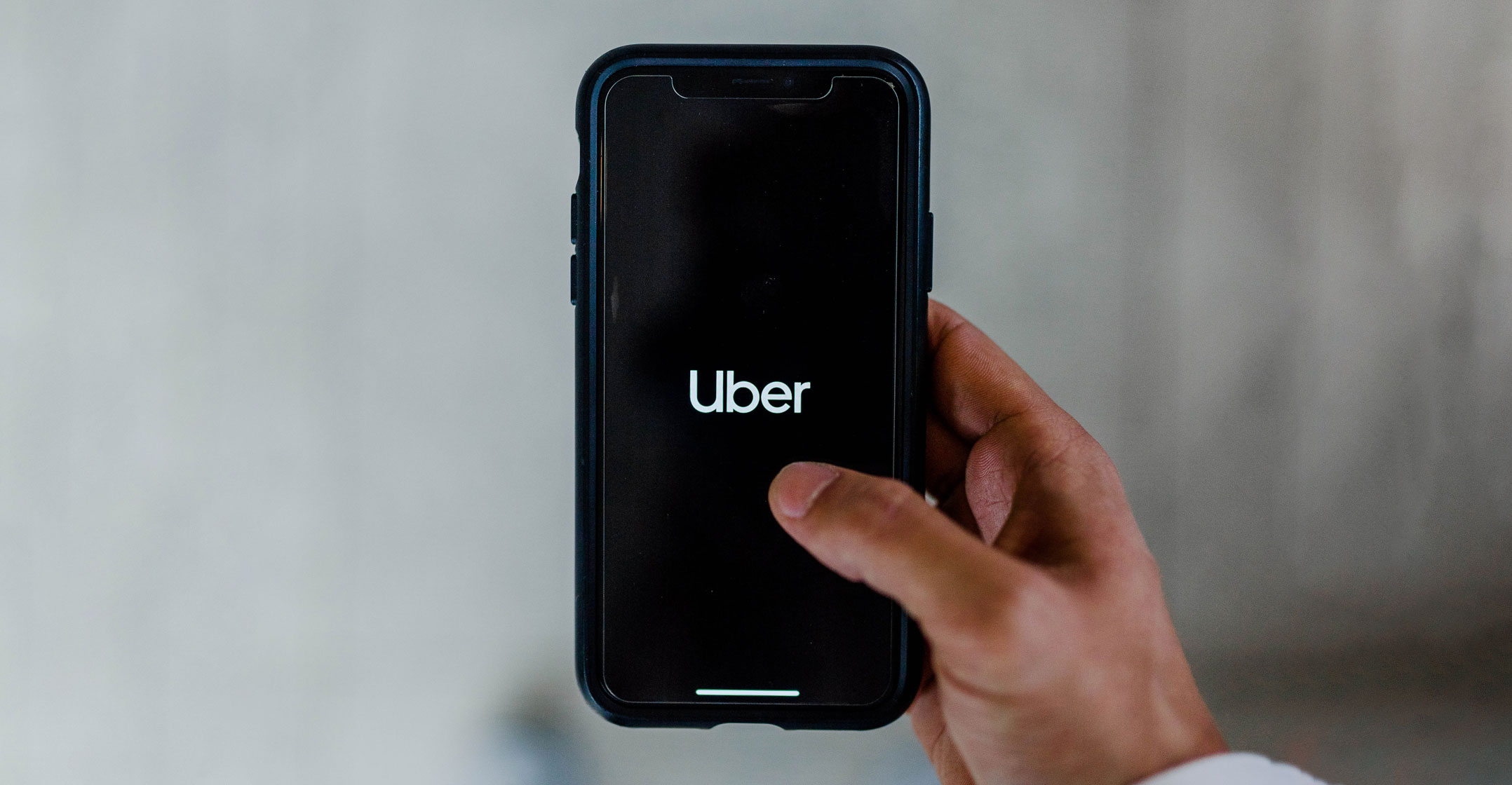 Uber drivers are currently classified as independent contractors in South Africa, but there are plans to launch a class-action lawsuit to compel Uber to confer several key rights on its drivers, which, if successful, will affect the rights of platform workers in the country.
Uber drivers are currently classified as independent contractors in South Africa, but there are plans to launch a class-action lawsuit to compel Uber to confer several key rights on its drivers, which, if successful, will affect the rights of platform workers in the country.
Uber classifies its drivers as independent contractors in its terms and conditions of service. This means that Uber drivers typically are not entitled to the statutory protections afforded to employees in the various countries in which Uber operates. In South Africa, this means drivers can be fired at will, are not entitled to paid leave and are not subject to restrictions on hours of work.
Over the years, the classification of drivers as independent contractors has been challenged by drivers seeking greater protection in various countries (including South Africa, France and the UK), with differing degrees of success. The recent decision by the UK supreme court in Uber v Aslam¹ marks significant progress for these drivers. The court held that the claimant Uber drivers should be considered as “workers” for purposes of UK labour legislation, as workers represent a type of hybrid between an employee and an independent contractor.
The UK supreme court found that Uber drivers did not enjoy the freedoms usually associated with being independent contractors. Prospective drivers are presented with a standard term contract and do not have the opportunity to negotiate alternative terms. This suggests an inequality of bargaining power between Uber and drivers. Although drivers may choose when and where to work, they are not made aware of the passenger’s destination until after they have picked up the passenger. Moreover, the passenger fare is set by Uber and drivers are unable to change it. The classification of the claimant Uber drivers as “workers” by the UK court entitles them to more statutory rights than those afforded to independent contractors, but fewer than those enjoyed by employees.
California dreaming
In contrast to the success that the drivers have recently had in the UK, in the US state of California Uber drivers are not afforded the same recognition. In 2019, the California state legislature passed Assembly Bill 5, which would have required ride-sharing companies to classify their drivers as employees rather than independent contractors. The bill followed a 2018 ruling by the supreme court of California that the burden of proof lies with the hiring entity to show that those working for the entity are independent contractors and not employees.
In October 2020, the court of appeal of the state of California in The People v Uber Technologies Inc, et al A160701, A160706 had to decide whether to uphold interdictory relief restraining Uber and Lyft from classifying their drivers as independent contractors and requiring them to be reclassified as employees, pending a main trial.
The court of appeal found that the Uber and Lyft drivers in fact performed services for Uber and Lyft in the usual course of business which were necessary for the business of Uber and Lyft to prosper. Without an exemption from the bill for ride-sharing companies, the court was of the view that those who drive for Uber and Lyft were contemplated as employees. The appeals court found that there was a reasonable probability that the employees would prove in a trial that they were employees. It accepted the trial court’s interdict to restrain Uber and Lyft from classifying their drivers as independent contractors, in violation of the bill, pending the finalisation of the trial. In November 2020, however, California residents voted in favour of Proposition 22, a ballot initiative which exempted ride-sharing and delivery platforms from having to classify their drivers as employees.

In South Africa, Uber drivers are currently classified as independent contractors. In 2017, the CCMA² found that seven Uber drivers who had referred an unfair dismissal dispute to the CCMA were employees of Uber South Africa under section 213 of the Labour Relations Act, but this finding was overturned by the labour court³ in 2018. The labour court held that the drivers were not employees of Uber South Africa as they had failed to prove that they had an employment relationship with the company. However, the court explicitly stated that it was not answering the question whether or not drivers were employees of Uber BV, Uber South Africa’s parent company in the Netherlands. Notably, the UK supreme court decision held that the drivers worked for Uber London rather than Uber BV.
Pursuant to the supreme court decision, UK law firm Leigh Day, in collaboration with South African law firm Mbuyisa Moleele Attorneys, announced plans to introduce a class action on behalf of South African Uber drivers against Uber. The law firms have indicated they will argue that drivers should be provided with paid leave, overtime pay and membership of the Unemployment Insurance Fund. Uber South Africa maintains that most drivers wish to work independently and that Uber, using its current operating model, continues to contribute to job creation. No indication has been given as to when the class action will be launched.
The UK supreme court’s decision does not necessarily mean that the CCMA or the labour court will follow suit. The UK court’s findings were based on the reality of the relationship between Uber and its drivers. The tests used by that court correspond to the tests traditionally used by the South African courts to determine whether an individual should be classified as an employee or independent contractor. However, the factual situation in South Africa is different and more complicated, as local Uber drivers tend to be drivers rather than driver-partners. Driver-partners own the cars they use, but drivers use a car owned by someone else (a driver-partner). Where partners give instructions to drivers and exert a degree of control over how they carry out their duties, such as by specifying where they operate, the relationship between drivers and partners starts to resemble one of employment, which could weaken a claim that South African Uber drivers are employed by Uber.
Interventions
Other potential legislative interventions which could offer greater protection to drivers include:
- The incorporation of the Fairwork Code of Good Practice for the Regulation of Platform Work in South Africa into the Labour Relations Act (LRA).
- A declaration by the minister of employment & labour in terms of section 83(1) of the Basic Conditions of Employment Act (BCEA) that ride-sharing drivers are deemed to be employees for the purposes of selected sections of the BCEA and the LRA.
Following two years of empirical research, the Fairwork Project drafted the Code of Good Practice for the Regulation of Platform Work in South Africa, which is aimed at providing platform workers with five key rights: minimum wages; protection under the Occupational Health and Safety Act; written contracts setting out their working conditions; fair management; and freedom of organisation.
 Section 83(1) of the BCEA empowers the minister of employment & labour to deem any category of persons to be employees for the purposes of any part of any employment legislation, except for the Unemployment Insurance Act. The minister could accordingly declare that ride-sharing drivers, or platform workers in general, are deemed to be employees for selected sections of the BCEA and the LRA.
Section 83(1) of the BCEA empowers the minister of employment & labour to deem any category of persons to be employees for the purposes of any part of any employment legislation, except for the Unemployment Insurance Act. The minister could accordingly declare that ride-sharing drivers, or platform workers in general, are deemed to be employees for selected sections of the BCEA and the LRA.
The outcome of the potential class action will significantly influence not only the rights of Uber drivers, but also the rights of other individuals undertaking platform work.
¹Uber BV and others (appellants) vs Aslam and others (respondents) (2021) UKSC 5
²Uber South Africa Technological Services / National Union of Public Service and Allied Workers and South African Transport and Allied Workers Union obo Morekure and others (2017) 11 BALR 1247 (CCMA)
³Uber South Africa Technology Services vs National Union of Public Service and Allied Workers and others (2018) 39 ILJ 903 (LC)
- The writers, Kirsten Eiser, Siya Ngcamu, Shane Johnson and Keah Challenor, are from the law firm Webber Wentzel

